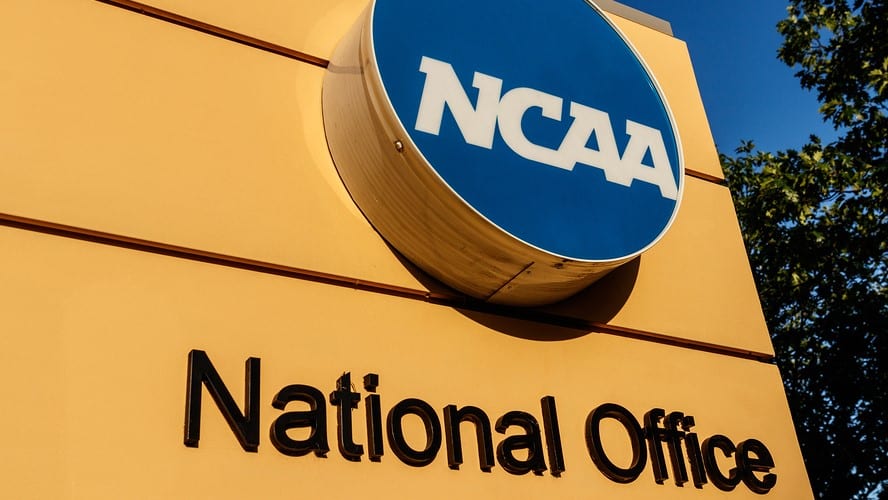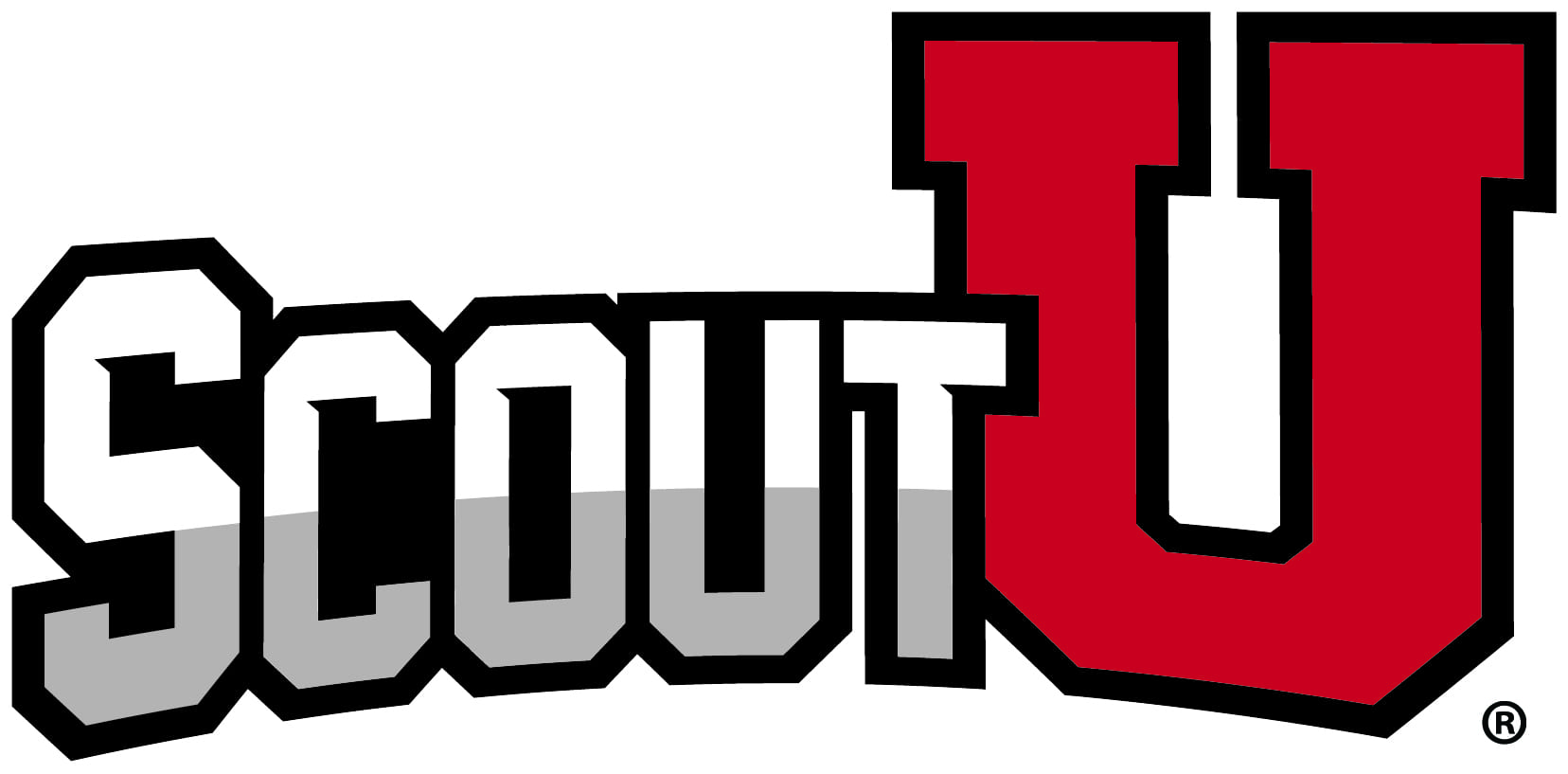New NCAA Division I recruiting rules start
Breaking down how the changes will impact several sports and limit early recruiting of athletes

May 3, 2019
By ScoutU staff
New NCAA Division I recruiting rules took effect on May 1 that will impact many sports with the purpose of slowing down early recruiting.
The NCAA Division I Council passed several rules at its meeting on April 18 and 19 in Indianapolis with the goal to shut down recruiting contact until June 15 after sophomore year for many sports. The new rules impact all sports except football, baseball, basketball, lacrosse and softball (see the chart below for those sports contact dates). The rules also did not affect men’s hockey in all areas. The rules only make changes in Division I and not in Division II or III.
Many of the contact methods moved up just 1 to 2.5 months earlier. However, off-campus contact can now happen 11 months earlier in many sports and there are now restrictions on when athletes can call college coaches.
The changes resulted from collaboration with both athletes and coaches associations, said Justin Sell, athletics director at South Dakota State and chair of the Student-Athlete Experience Committee.
“We feel strongly that it’s an incredible enhancement to our current situation and how students are being recruited,” said Sell on the NCAA website. “At the end of the day, these changes will eliminate students in the ninth grade and younger being recruited while still providing access to our campuses early enough to make informed financial and educational decisions on where to go for college.”
New rules won’t change colleges identifying athletes early
Despite the rule changes that limit recruiting contact with athletes, this will not change college coaches evaluating and identifying potential recruits during their freshman and sophomore years.
“The new rules are designed to take pressure off of athletes to make commitments to colleges early,” said ScoutU Head Scout/Owner Jason Lauren, who contacted the NCAA directly to clarify how the new rules work. “It’s also something college coaches didn’t like doing, but once one college starts recruiting early, others had to follow suit to compete.
“However, college coaches are still going to be evaluating prospects during their freshman and sophomore years, so when they are allowed to contact them, they will have a list of players to immediately contact and make offers to ASAP. So, it’s still critical for athletes to have exposure to DI college coaches early, because if these DI colleges don’t know who they are when the contact dates come up, those athlete’s DI opportunities are going to significantly decrease.”
College coaches can still talk to prospect’s coaches and scouts at any time
College coaches can still talk to prospect’s coaches or scouts — like with ScoutU – before June 15 after their sophomore year. However, these conversations cannot be used to indirectly send recruiting messages, like verbal offers of scholarships, to a prospective athlete. College coaches can still get general information — like stats, schedules and feedback on athletes – from coaches and scouts, but the conversations just can’t include what interest the college has in that athlete.
Softball and lacrosse were left out of these rule changes because they just changed their rules about 1 year ago. Football and basketball were not included because those sports did extensive studies on their recruiting models and revised them in recent years. Rule changes are expected in baseball in spring 2020.
Story continues below
Free Evaluation
If you think you have what it takes to play in college in ANY SPORT,
then we want to ScoutU! Click below for a scout to give you a FREE personal evaluation to determine if you have what it takes to play at the next level.
The following are the new NCAA Division I rules (again, these do not include football, baseball, basketball, lacrosse and softball):
Correspondence/private messages
Definition: When college coaches can send any recruiting materials to prospects. This includes electronic correspondence (emails, text messaging, social media and instant messenger) and regular mail. This does not include camp invites, questionnaires, NCAA materials and non-athletic recruiting publications. Also, prospects can still initiate this type of contact, like emails, to college coaches, but the coaches can only reply with camp invites, questionnaires, etc.
New rule: Allowed June 15 after sophomore year.
Old rule: Allowed Sept. 1 of junior year.
Men’s hockey: Stayed Jan. 1 of sophomore year.
Recruiting impact: This will have minimal impact on most sports with the recruiting contact being allowed just 2.5 months earlier, but it will allow some athletes to have a recruiting dialogue with college coaches before their club season is over before their junior year. For example, club volleyball and soccer seasons and golf and tennis tournaments typically run later than June 15.
Incoming phone calls
Definition: When a college coach can talk to a prospect on the phone when the prospect initiates the call.
New rule: June 15 after sophomore year.
Old rule: Prospects could call colleges at any time.
Men’s hockey: Stayed Jan. 1 of sophomore year.
Recruiting impact: Previously, this was an easy way for athletes to get recruited early and receive offers from colleges before the college coaches could reach out to them. Colleges could simply call an athlete’s coach and tell that coach to have the athlete call them. Or, athletes could initiate the call on their own.
Outgoing phone calls
Definition: When a college coach can call prospects.
New rule: June 15 after sophomore year.
Old rule: September 1 of junior year. For swimming and diving: July 1 following completion of junior year or the opening day of classes of senior year, whichever is earlier.
Men’s hockey: Stayed Jan. 1 of sophomore year.
Recruiting impact: Just like correspondence/private messages, this will have a minimal impact on most sports with it being just 2.5 months earlier. But it will allow some athletes to have phone conversations with college coaches before their club season is over prior to their junior year. For swimming and diving, however, this actually allows college coaches to recruit much earlier as college coaches can now call prospects 12.5 months earlier, likely meaning athletes in this sport will start to get more serious interest from colleges much earlier. Swimming and diving coaches put in a formal request that their sport be exempted from the new rules, but were not granted their request by the NCAA.
Official and unofficial visits
Definition: When a prospect visits a school, whether it’s school-financed (official visit) or self-financed (unofficial visit), and engages in recruiting conversations with the athletics department. Campus tours are still allowed, just as long as no recruiting conversations occur.
New rule: Aug. 1 before junior year.
Old rule: Sept. 1 of junior year.
Men’s hockey: Also changed from Sept. 1 of junior year to Aug. 1 before junior year.
Recruiting impact: This has minimal impact with it being just 1 month earlier. This change was made to accommodate home football, soccer or volleyball contests that occur in August. Prospects can attend college camps at any time, but cannot engage in recruiting conversations at those camps until Aug. 1 before junior year.
Off-campus contact
Definition: When a college coach has any face-to-face contact with a prospect or his or her parents off the college’s campus and says more than “hello.”
New rule: Aug. 1 before junior year.
Old rule: July 1 after junior year. Exceptions: women’s gymnastics – July 15 after junior year; women’s ice hockey – July 7 after your junior year; fencing – after completion of participation in the USA Fencing National Championship and July Challenge and after completion of junior year.
Men’s hockey: Changed to Aug. 1 before junior year from June 15 before junior year.
Recruiting impact: This is a full 11 months earlier, so this is impactful. College coaches will now be able to talk to athletes much earlier at games and events if it is permitted during that time of the sport’s recruiting calendar.
Verbal offers
Definition: When a college makes a verbal scholarship offer to a prospect.
Old rule: Not legislated.
New rule: Not legislated, but first recruiting interaction cannot be made until June 15 after sophomore year.
Men’s hockey: Verbal offers previously were not legislated and could be made at any time. Now they cannot be made until Aug. 1 before junior year.
Recruiting impact: Since verbal offers are only exactly that – verbal – it’s tough for the NCAA to legislate it. The NCAA stated on its website that it “will continue to work on regulating verbal scholarship offers.” With that being said, if an athlete verbally commits to a college before a college can contact him or her, that would be considered breaking NCAA rules.
When recruiting activity can begin

“College coaches are still going to be evaluating prospects during their freshman and sophomore years, so when they are allowed to contact them, they will have a list of players to immediately contact and make offers to ASAP.”
our reputation
We take a personal approach to helping each athlete and their family. Click below for testimonials and see how ScoutU scouts have helped their dreams become a reality:
RECRUITING TIPS
For more recruiting news and tips on how to navigate the recruiting process:
